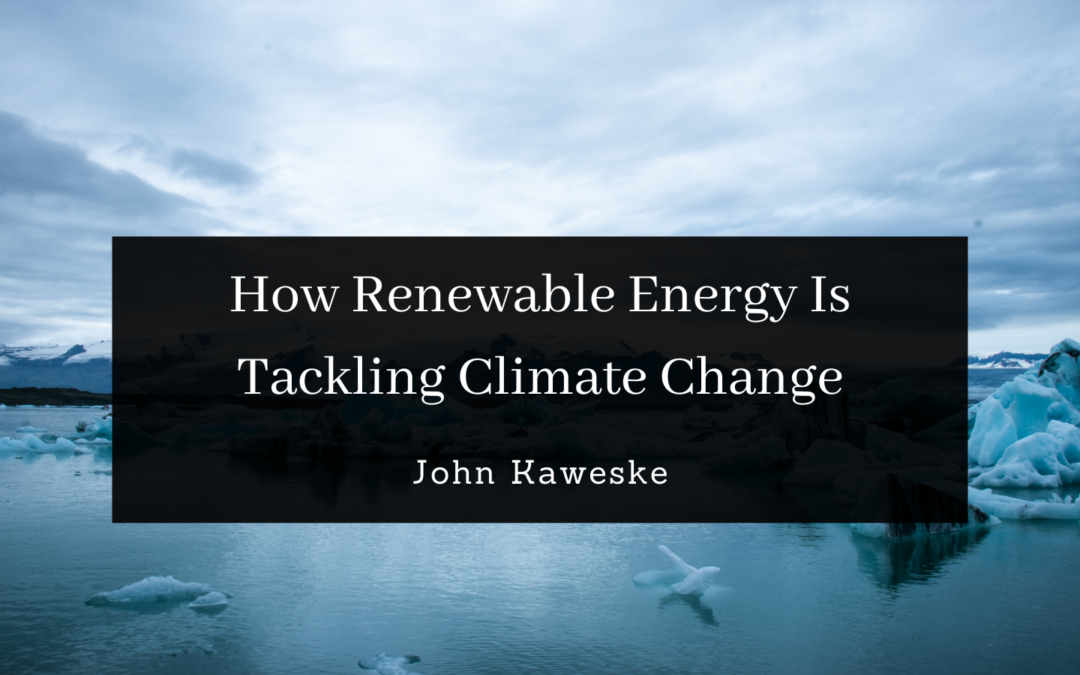In the face of the unprecedented climate crisis, renewable energy has emerged as a powerful force for change. As we continue to see the increasingly detrimental effects of climate change on our planet, the imperative to transition from fossil fuels to sustainable energy sources has become undeniable. This blog will explore how renewable energy plays a pivotal role in combating climate change and paving the way for a more sustainable future.
- Reducing Greenhouse Gas Emissions
Burning fossil fuels releases vast amounts of gases, such as carbon dioxide and methane. These gases trap heat, leading to global warming and climate disruptions. Renewable energy produce little to no greenhouse gas emissions during electricity generation. Solar panels take sunlight and make it into electricity without emitting harmful pollutants, while wind turbines harness wind power without releasing carbon emissions. By shifting to renewables, we can significantly reduce our carbon footprint and combat climate change head-on.
- Limiting Air Pollution
Aside from greenhouse gases, burning fossil fuels also releases harmful air pollutants, contributing to air quality issues and public health problems. Renewable energy sources provide a cleaner alternative, producing minimal air pollutants. This not only helps tackle climate change but also improves the overall air quality, leading to healthier communities and a reduced burden on healthcare systems.
- Mitigating Natural Disasters
Renewable energy plays a vital role in mitigating these natural disasters. As we transition to renewables, we decrease our reliance on resource extraction and infrastructure vulnerable to extreme weather, making our energy systems more resilient and less susceptible to climate-related damages.
- Encouraging Sustainable Development
Renewable energy projects often go hand in hand with sustainable development initiatives. In many regions, renewable energy technologies bring economic benefits by creating new job opportunities and stimulating local industries. Additionally, renewable energy projects empower communities to take charge of their energy supply, fostering energy independence and resilience.
- Driving Technological Advancements
The growth of renewable energy has spurred significant technological advancements. As more research and investment are poured into renewables, breakthroughs in energy storage, grid integration, and efficiency are achieved. These advancements not only enhance the capabilities of renewable energy sources but also influence other sectors, accelerating the global transition to a more sustainable and climate-resilient future.
Renewable energy stands as a beacon of hope in the fight against climate change. Through its ability to curb greenhouse gas emissions, improve air quality, mitigate natural disasters, drive sustainable development, and foster technological innovation, renewables offer a pathway toward a cleaner, greener, and more sustainable world. As individuals, communities, governments, and corporations collectively embrace renewable energy solutions, we can unite against climate change and forge a brighter future for future generations. Let us all join hands to harness the power of renewable energy and make a real difference in safeguarding our planet.

